Thieves in the Night
April 1, 2020
Black History Month acknowledges and celebrates the achievements of African-Americans and their role in the history of the United States, but those issues should not be relegated to one month each year.
Ever since the arrival of the first slaves in the 1700s, racial oppression has left an indelible mark on our country’s history. Even after the Emancipation Proclamation of 1863, African-Americans have struggled for equality and have made great strides by way of the civil rights movement. So much so, that in 2009, Barack Obama was elected as the first black president. However, barriers persist and to this day affect Black people in a more inconspicuous way.
The struggles of black people in the modern world are reflected in the song “Thieves in the Night” by Mos Def(Yessin Bey) and Talib Kweli of the rap group Black Star. Drawing inspiration from the late Toni Morrison, their song title as well as the chorus feature lines from her award-winning novel The Bluest Eye.
The title The Bluest Eye comes from the main character, Pecola, who thought that if she had blue eyes then she would see herself differently and in turn so would the racist world around her which ostracized her for her “ugliness.” Def and Kweli support the claim that the “law of the bluest eye” still exists. It reveals itself in the manner in which the black community sets its priorities and in the way it assesses its own importance under the influence of the dominant culture. This is exemplified in lines from Kweli’s first verse of the song:
Survival tactics means, busting gats to prove
you’re hard
Your firearms are too short to box with God
Without faith, all of that is illusionary
Raise my son, no vindication of manhood necessary
Kweli talks about how black people’s morals are out of place. The “thug life” is perceived as strength when the fact is that it does little to combat racial disparities. Kweli feels that faith and family are true qualities of a man that speak for themselves and are more powerful than thug life. Yet that faulty way of thinking, according to Kweli, stems from “the wounds of slaves in cotton fields that never heal.”
The second verse of the song addresses the futility of “backwards thinking.”
In the line “A lot of jokers running in place, chasing the style,” he mentions how many people try their best to fit in with whatever everyone else is interested in but are just “running in place” and not being productive.
This relates to Pecola, as after she convinced herself she had blue eyes, she continued to wish to have the bluest of eyes. People’s lack of satisfaction with their place in society leaves them “chasing the style.” However, this doesn’t lead to true happiness. Def alludes to this in the following lines:
Most cats in my area be loving the hysteria
Synthesized surface conceals the interior
America, the land of opportunity, mirages
and camouflages
People engage in consumerism or build up a façade to hide who they really are and how they really feel. They use this to form a comfort level high enough that it feels like they are fitting into society’s norms and expectations. Def also seemingly argues that it is the infatuation with materialistic things, a large part of what is considered the American Dream, that is problematic in black communities: “Get yours first, them other n****s secondary/ That type of illin’ be filling up the cemetery.” This way of thinking has resulted in a form of mental slavery in blacks. Def argues that this underlying control is no different than the slavery that occurred in the past:
Put you on a yacht, but they won’t call it
a slave ship
Strangeness, you don’t control this, you
barely hold this
Screaming “brand new,” when they just sanitized
the old s**t
By revising a quote from the final pages of the book, Black Star reiterates and reinforces the idea that living life according to the law of the bluest eye can only lead to the demise of the black community. In Morrison’s words, you would be “hiding from life.” The chorus gives examples of the different personas people tend to display when doing so:
Not strong (Only aggressive)
Not free (We only licensed)
Not compassionate, only polite (Now who the
nicest?)
Not good, but well behaved
(Chasing after death so we can call ourselves
brave?)
Still living like mental slaves
Hiding like thieves in the night from life
Illusions of oasis making you look twice
The idea of not being strong but only aggressive relates to the image of thugs as perceived by those outside the black community. These people might decide to “chase after death” but in the end are not truly brave.
When we celebrate Black History, we must realize that the push for greater equality will come from men and women who after being exposed to the issues of race will also take the action needed to bring about change. Therefore, we also celebrate the authors, artists, and musicians who through black culture keep the message relevant.

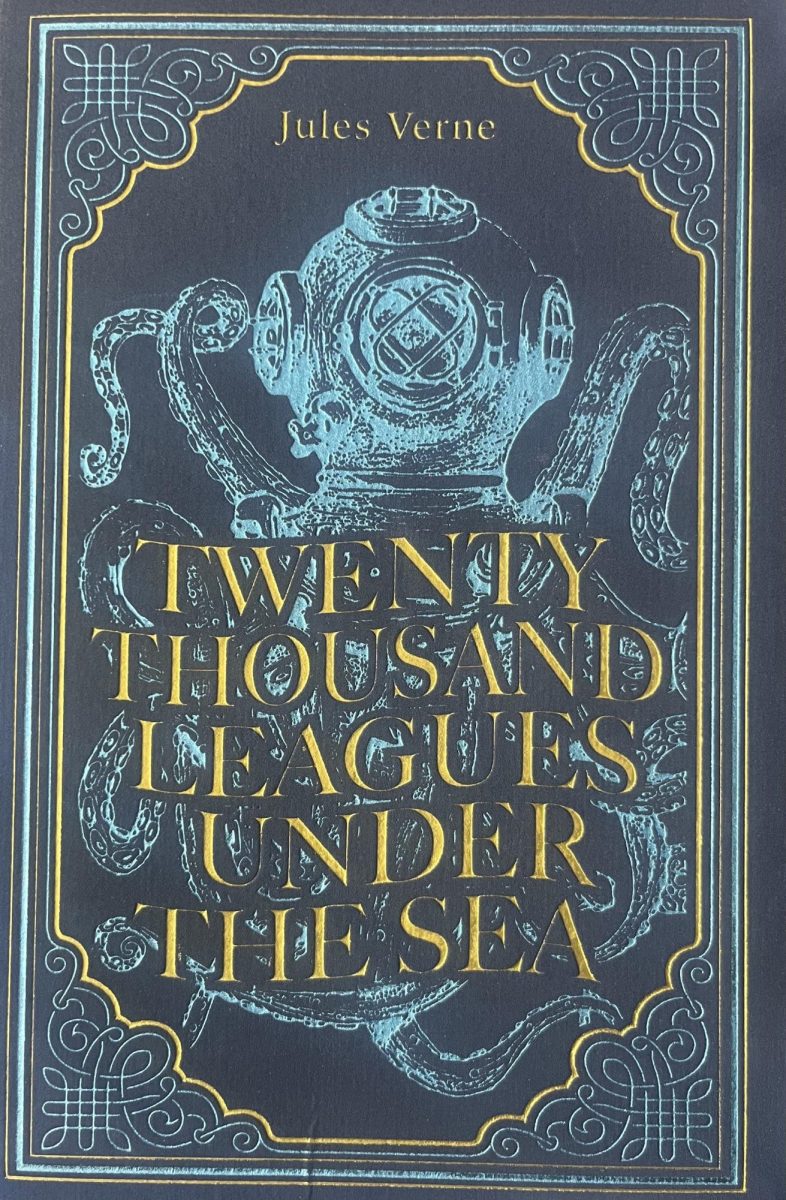






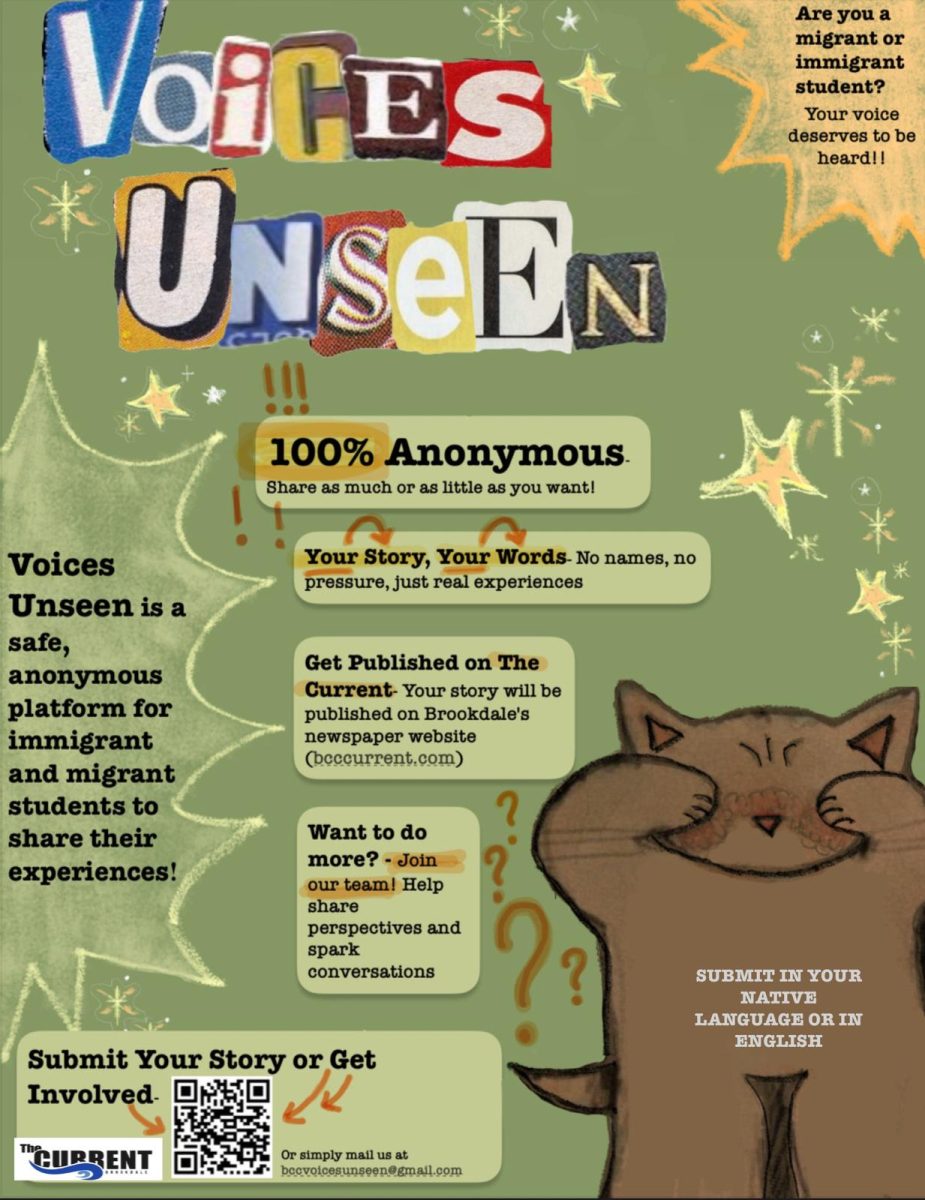
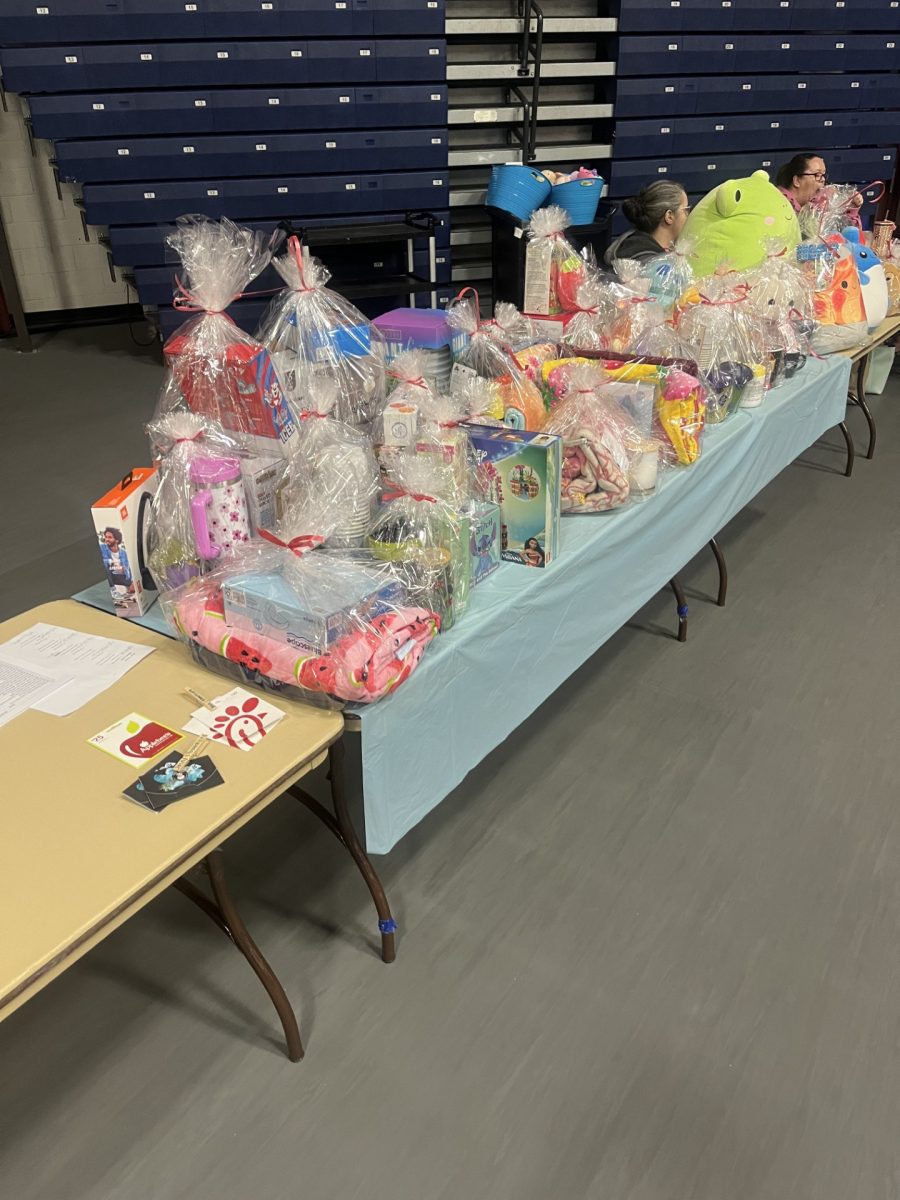


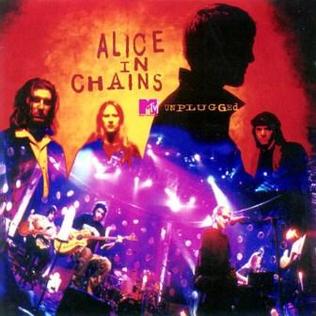


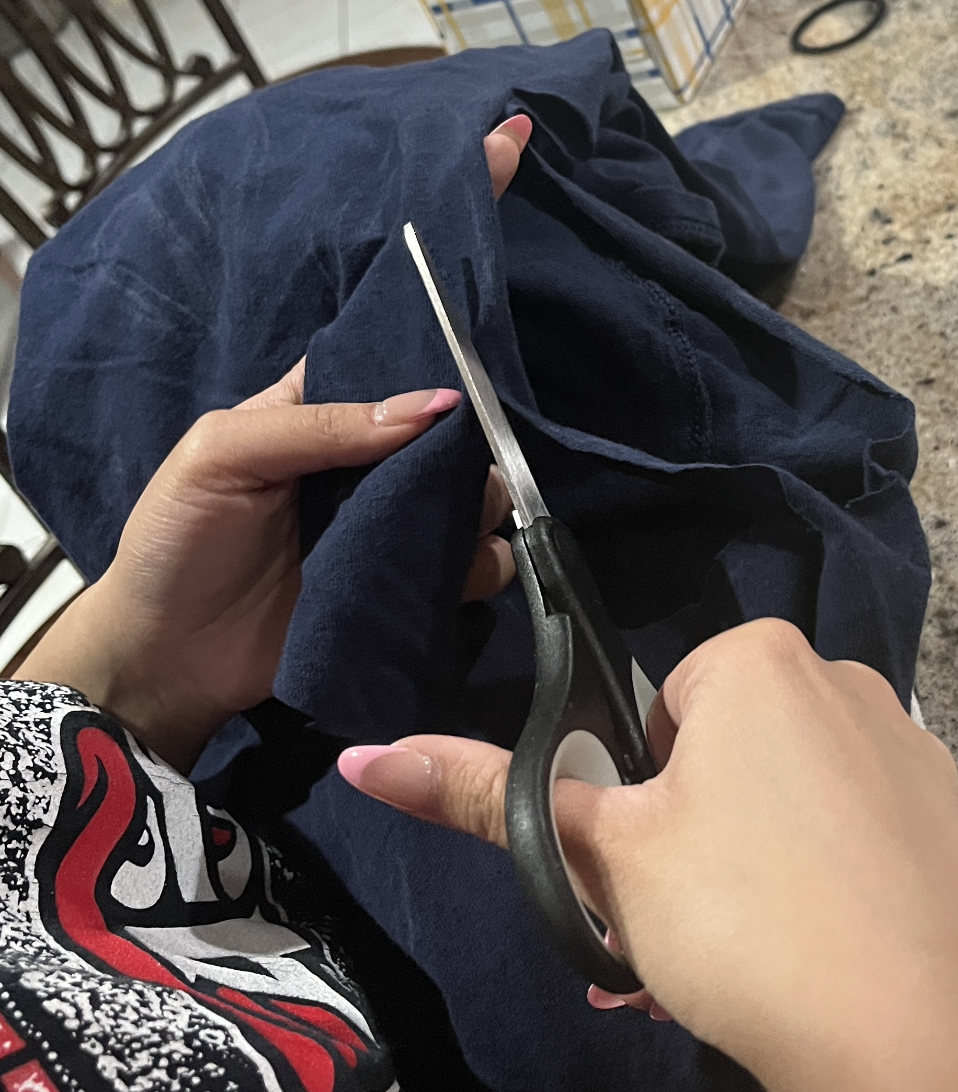

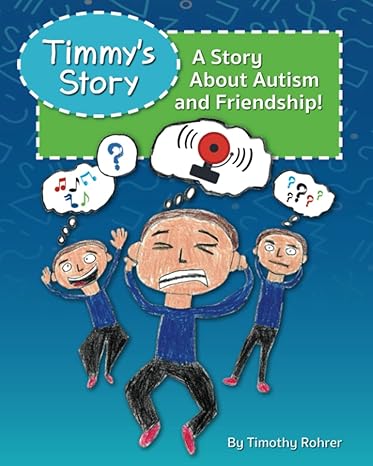








adviser • Nov 30, 2020 at 7:31 PM
This was such an amazing piece. I had to go blow the dust off of the record and play this one as I was reading it. Such a good time.